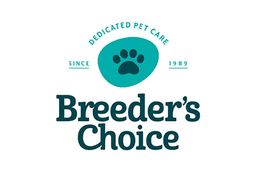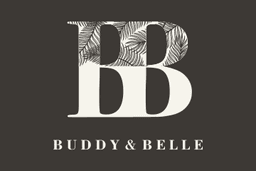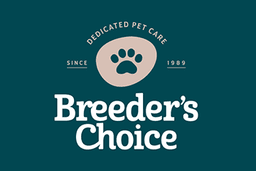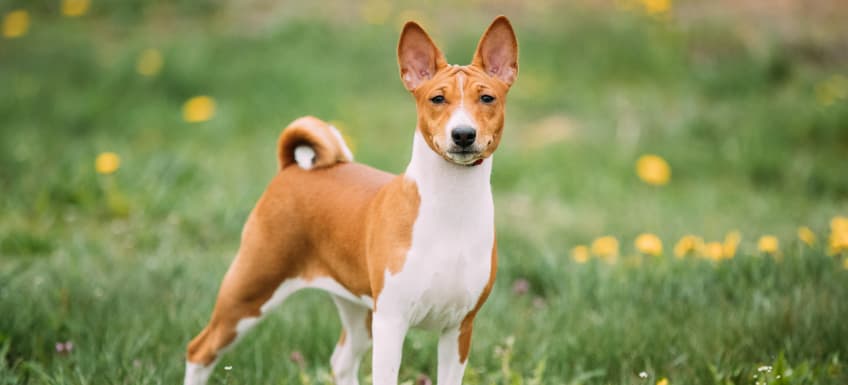The Basenji, often referred to as the "barkless dog," is a small to medium-sized breed known for its unique vocalizations and keen hunting instincts. Originating from Central Africa, the Basenji is one of the oldest dog breeds, prized for its intelligence, independence, and cat-like cleanliness. With its sleek, muscular build and tightly curled tail, the Basenji has an elegant yet athletic appearance that turns heads wherever it goes.
Basenji Facts & Characteristics
| Characteristic | Detail |
|---|---|
| Origin | Congo, Central Africa |
| Also known as | African barkless dog, African bush dog, Congo dog, Ango angari, Zande dog |
| Bred for | Killing vermin, hunting, and retrieving, tracking |
| Size | Small, 40 to 46 cm high and 9 to 10kgs |
| Weight range | 9 to 10kgs |
| Colours | Red, black and tri-coloured, brindle, blue merle, with white markings |
| Life expectancy | 12 to 14 years |
| Coat | Short, smooth, sheds |
| Temperament | Athletic, independent, protective |
| Exercise requirements | High |
| Best suited for | Experienced dog people, better suited to households without small children |
| Apartment friendly | Can adapt to apartment living but needs exercise and entertainment and may become destructive if bored |
Personality
Basenjis are known for their independence, curiosity, and intelligence. They are often described as being more cat-like than dog-like in their behavior, with a strong sense of curiosity and a tendency to be aloof with strangers. Despite their independent nature, Basenjis form strong bonds with their families and are very loyal. They are known for their playful and energetic nature, but they can also be stubborn and require consistent, patient training. Basenjis are not big barkers, but they do make unique sounds, often described as yodels or chortles, which adds to their distinctive charm.
Grooming
Basenjis are low-maintenance when it comes to grooming. They have a short, fine coat that requires minimal care, usually just a weekly brush to remove loose hair and keep their coat shiny. Their cat-like grooming habits mean they keep themselves quite clean, and they have little to no odor. Basenjis are also low-shedding dogs, making them a good choice for those who prefer a tidy home. Regular ear cleaning, nail trimming, and dental care should be part of their grooming routine to ensure overall health.
Feeding
When it comes to feeding your Basenji, it’s important to choose a high-quality dog food that meets their nutritional needs based on their age, size, and activity level. Basenjis are energetic dogs, so they require a diet that supports their active lifestyle. Portion control is important to prevent overeating, as Basenjis can be prone to weight gain if not properly managed. Feeding them twice a day is generally recommended, with access to fresh, clean water at all times to keep them hydrated and healthy.
Common Health Concerns
Basenjis are generally healthy dogs, but they can be prone to a few specific health issues. One common concern is Fanconi syndrome, a genetic disorder that affects the kidneys and can lead to serious complications if not managed properly. Regular screenings and early detection are crucial.
Did you know?
While they don't bark like most other dogs, they do make a variety of vocalizations, including yodels and howls. It's said that the Basenji's unique vocalizations are more similar to those of wild dogs than to domestic dogs.
Basenji FAQs
Are Basenjis hypoallergenic?
No, Basenjis are not hypoallergenic. They do shed lightly and produce dander, which can trigger allergies.
Can Basenjis be trained?
Yes, Basenjis are intelligent and can be trained with patience and positive reinforcement. However, they can be stubborn and independent, which may require extra effort in training.
Do Basenjis bark?
Basenjis are known for being "barkless," but they make other vocalizations like yodels and howls.





























